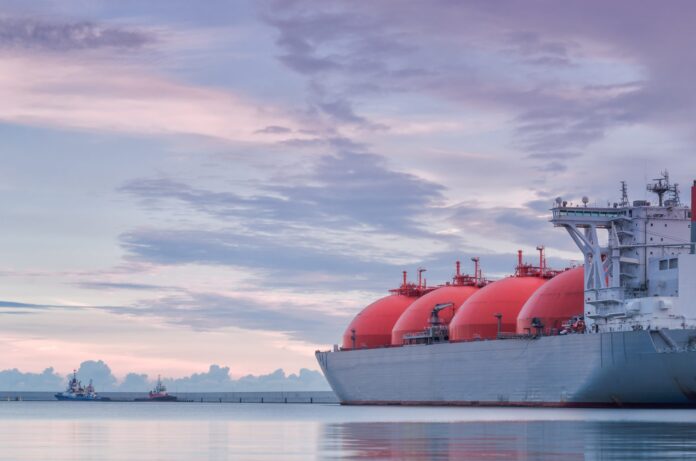Pakistan is considering renegotiating its long-term liquefied natural gas (LNG) import contracts with Qatar to lessen financial and technical burdens.
This development was revealed during a public hearing held by the National Electric Power Regulatory Authority (Nepra) on Friday.
The Central Power Purchasing Agency (CPPA) has requested an additional Rs3.41 per unit fuel cost adjustment (FCA) from consumers of ex-Wapda Distribution Companies (Discos) to raise about Rs42 billion for electricity sold in May.
This request coincided with a nearly 5% increase in the regasified LNG (RLNG) price, as notified by the Oil & Gas Regulatory Authority (Ogra).
Ogra set the RLNG sale price at $14.4 per million British thermal unit (mmBtu) for June, up from $13.75 per mmBtu in May, factoring in up to 15% transmission and distribution losses by Sui gas companies.
During the hearing, chaired by Nepra Chairman Waseem Mukhtar, Nepra members questioned the violation of economic order, resulting in higher fuel costs for consumers.
The higher costs were mainly due to the increased use of imported LNG at Rs24 per unit, compared to substantially cheaper coal-based electricity at Rs11.7 per unit for local coal and Rs16.8 per unit for imported coal.
CPPA’s CEO, Rehan Akhtar, explained that the higher LNG consumption was due to contractual obligations. He stated that Pakistan would import approximately $7 billion worth of LNG by December this year under a long-term contract with Qatar.
He conceded that although cheaper coal-based power generation capacity was available, it could not be utilised due to the contractual requirements to consume LNG, thus avoiding demurrages and international penalties.
The import schedule for LNG was based on electricity demand estimated in January, but the actual demand in May fell by 5% due to weather conditions, leading to the closure of domestic gas fields.
All relevant stakeholders expressed concern over the LNG import strategy and the associated foreign exchange losses due to the underutilisation of domestic resources.




